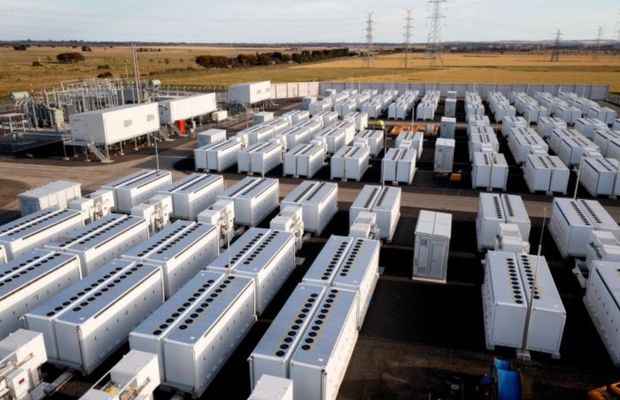Battery Energy Storage is becoming a cornerstone of the modern energy grid, catalyzing not just a technological but also an economic transformation. The economic impact of battery energy storage is multifaceted, touching upon energy markets, employment, and even fostering innovation and competitiveness in the global economy. Let’s explore these dimensions:

1. Stabilization of Energy Prices
Battery energy storage plays a crucial role in energy arbitrage – buying electricity when it’s cheap and storing it to sell or use when prices are high. This mechanism can help stabilize energy markets by reducing price volatility, which is beneficial for both consumers and energy suppliers. Moreover, by maximizing the utilization of renewable energy, battery energy storage can help reduce the overall cost of energy, contributing to more affordable electricity prices over time.
2. Reduction of Infrastructure Costs
By providing grid services such as peak shaving and load leveling, battery energy storage reduces the need for investing in new generation capacity or upgrading transmission and distribution infrastructure to handle peak loads. This can result in significant savings on infrastructure costs, which can be redirected towards other economic activities or used to lower energy costs for consumers.
3. Enabling Renewable Energy Integration
The ability of battery energy storage to store excess energy from renewable sources and release it when needed addresses the intermittency issue of renewables, facilitating their integration into the energy mix. This not only helps in reducing carbon emissions but also stimulates the renewable energy sector, a rapidly growing industry that contributes significantly to economic growth through investments, job creation, and technological innovation.
4. Creation of New Jobs and Industries
The battery energy storage industry is a significant source of employment, from research and development (R&D) to manufacturing, installation, operation, and maintenance of storage facilities. As the demand for battery energy storage grows, so does the workforce needed to support this industry. Additionally, the sector is a catalyst for new businesses and services, such as energy management companies, consulting services, and software providers for optimizing energy storage and grid operations.
5. Enhancing Energy Security and Independence
By reducing dependence on imported fuels and enabling more efficient use of domestic renewable energy resources, battery energy storage contributes to national energy security and independence. This can have a profound economic impact, especially for countries that spend a significant portion of their GDP on energy imports. Enhanced energy security also means less exposure to global fuel price fluctuations, providing a more stable economic environment.
6. Driving Innovation and Global Competitiveness
The need for more advanced, cost-effective, and efficient energy storage solutions drives innovation in materials science, engineering, and energy management software. Countries and companies that lead in battery energy storage technology and infrastructure are well-positioned to compete in the global market, exporting technology, expertise, and services. This leadership can translate into a significant competitive advantage, fostering economic growth and technological superiority.
7. Supporting the Electrification of Transport
The growth of the electric vehicle (EV) market is closely linked to advancements in battery technology and energy storage. battery energy storage can support the expansion of EV charging infrastructure, making it more feasible and attractive to adopt EVs. This not only opens up new markets and opportunities for growth in the automotive and energy sectors but also contributes to reducing greenhouse gas emissions, aligning economic growth with environmental sustainability.
Conclusion
The economic impact of Battery Energy Storage Systems is profound and far-reaching, offering benefits that extend well beyond the energy sector. By fostering a more stable, efficient, and sustainable energy landscape, battery energy storage not only contributes to economic growth and job creation but also supports the transition towards a low-carbon economy, innovation, and global competitiveness. As technology advances and the costs of battery energy storage continue to decline, its role in shaping a resilient and sustainable economic future will undoubtedly expand.
